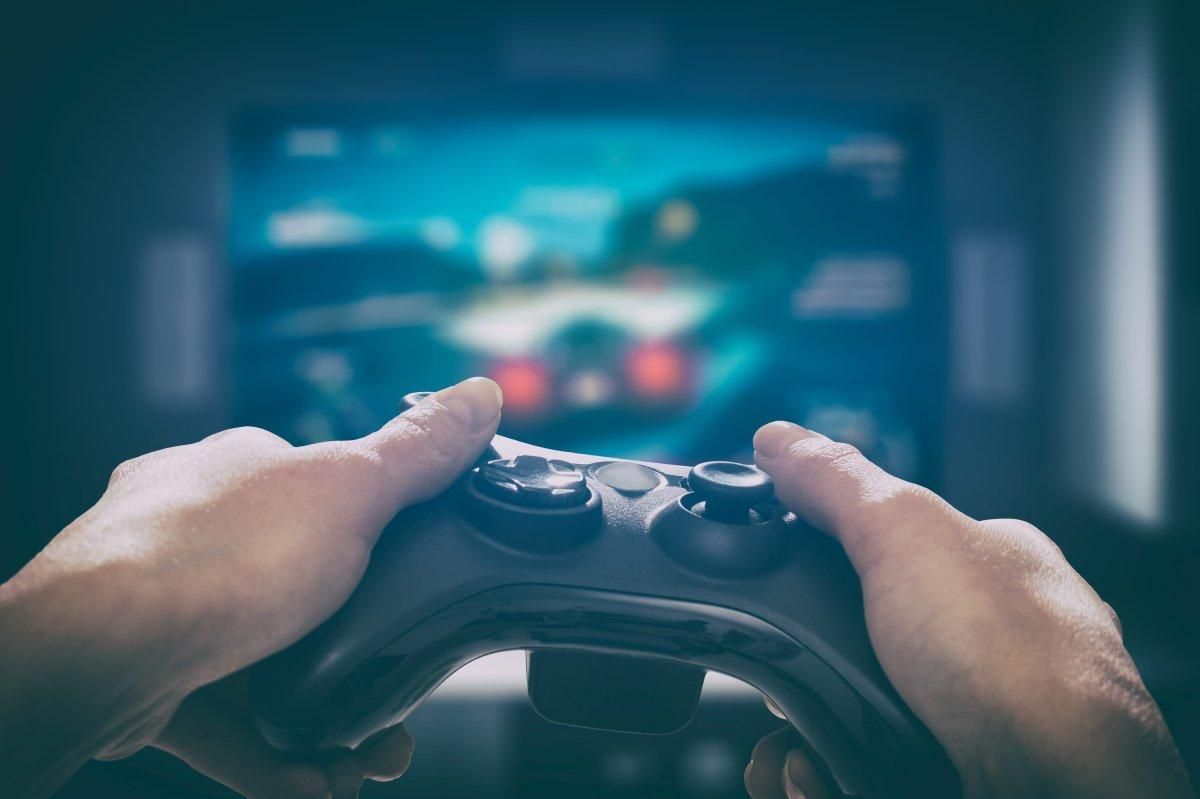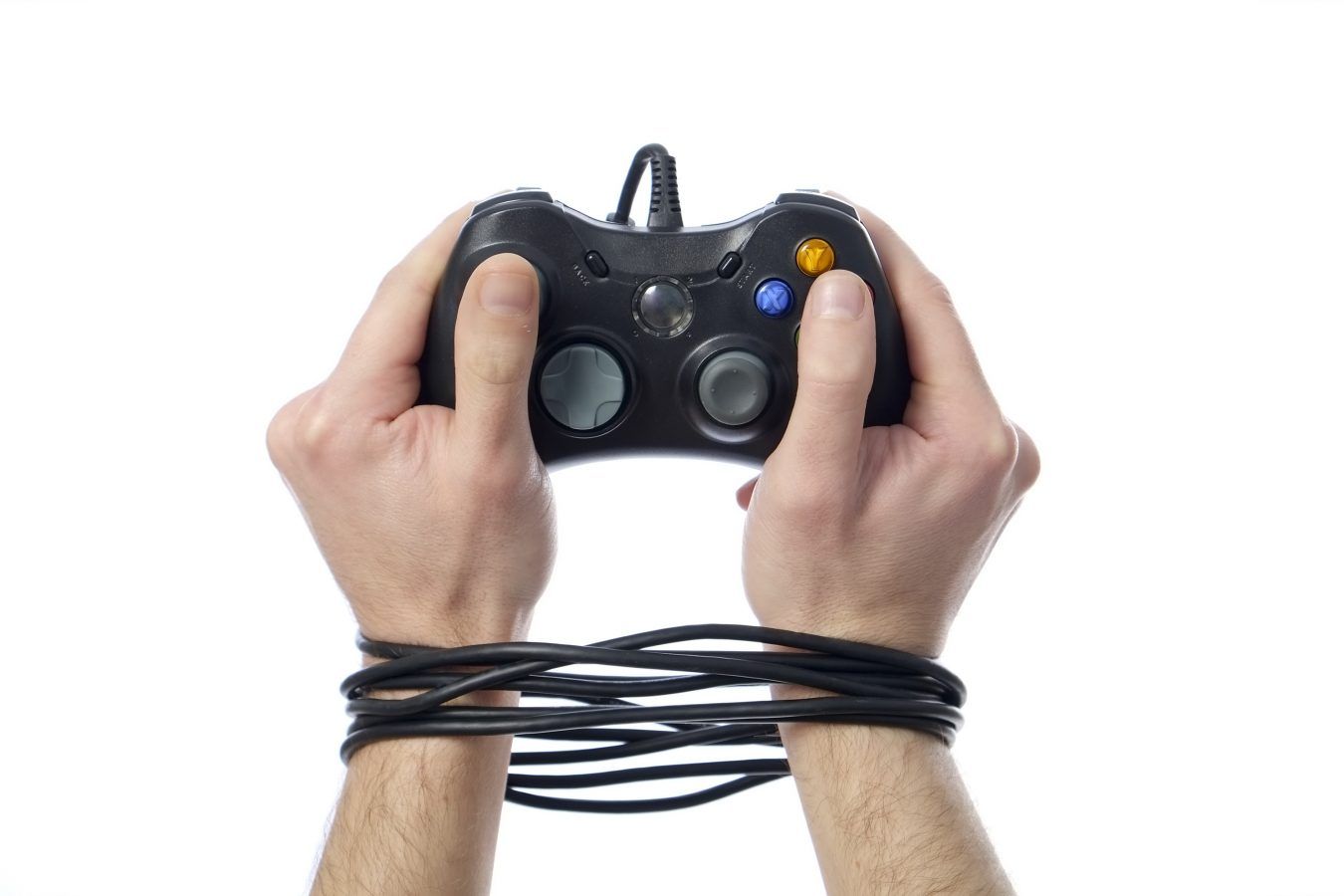2018 has already seen a renewal in the discourse surrounding video games’ effects on human behavior, specifically concerning the more negative impacts on an individual’s health, such as games' influence on violence.
While no evidence has backed the theory that video games lead to violent tendencies, it seems the World Health Organization (WHO) has added fuel to the discussion in regards to another negative human behavior: addiction.
On Monday, the WHO announced that “gaming disorder” will be added to the 11th edition of its International Classification of Diseases.
The proposal of the new disorder was submitted to the organization’s deciding body by the WHO's Department of Mental Health and Substance Abuse, citing trends and developments within the population and professional field as the primary indicators as to why gaming disorder is an actual disease.
Gaming addiction falls under the same three standard characteristics that are used for diagnosing any disease or addiction. First, as explained by Dr. Vladimir Poznyak - a member of the Department of Mental Health and Substance Abuse - “gaming behavior takes precedence over other activities to the extent that other activities are taken to the periphery." Second, there is an absence of control with the behavior. “Even when the negative consequences occur, this behavior continues or escalates,” Poznyak states. Finally, “personal, family, social, educational or occupational” relationships are negatively impacted.
Gamers around the globe can probably relate to experiencing one or all of the characteristics at some point in their life, but that doesn’t automatically indicate a gaming addiction. The combined behaviors are linked more so if they occur consistently over at least twelve months. According to the literature, "the disorder affects only a small proportion of people who engage in digital- or video-gaming activities."
The addition of gaming addiction to the International Classification of Diseases is sure to worry some, especially parents who may be concerned about the amount of time thier children spend gaming. However, at least for the time being, the inclusion should act more as an escalated awareness for mental health, as well as a call-to-action for parents to increase their gaming awareness and monitor their children's screen time.
It seems a bit premature for an addiction specifically attached to gaming to be officially categorized as a disease. Considerably more research needs to be conducted to better understand the condition, and likely, the underlying emotional issues from which gaming addiction stems. Ultimately, anything could be an addiction if experienced in excess. Gaming may be getting called out unfairly, but hopefully it will lead to more discussions and research surrounding the larger need for mental health awareness and support.



